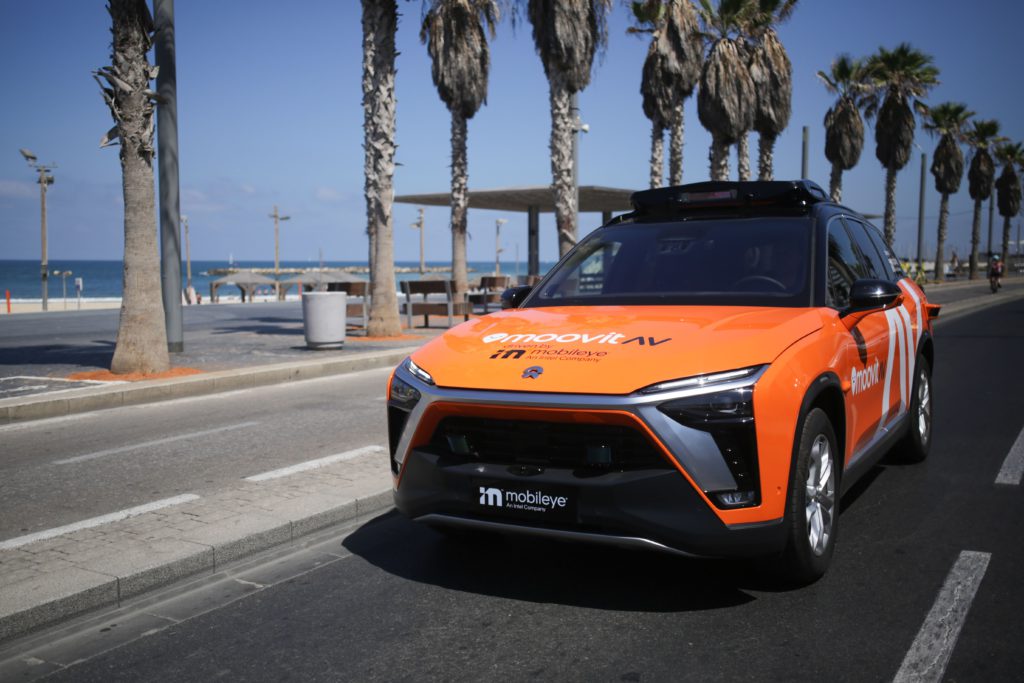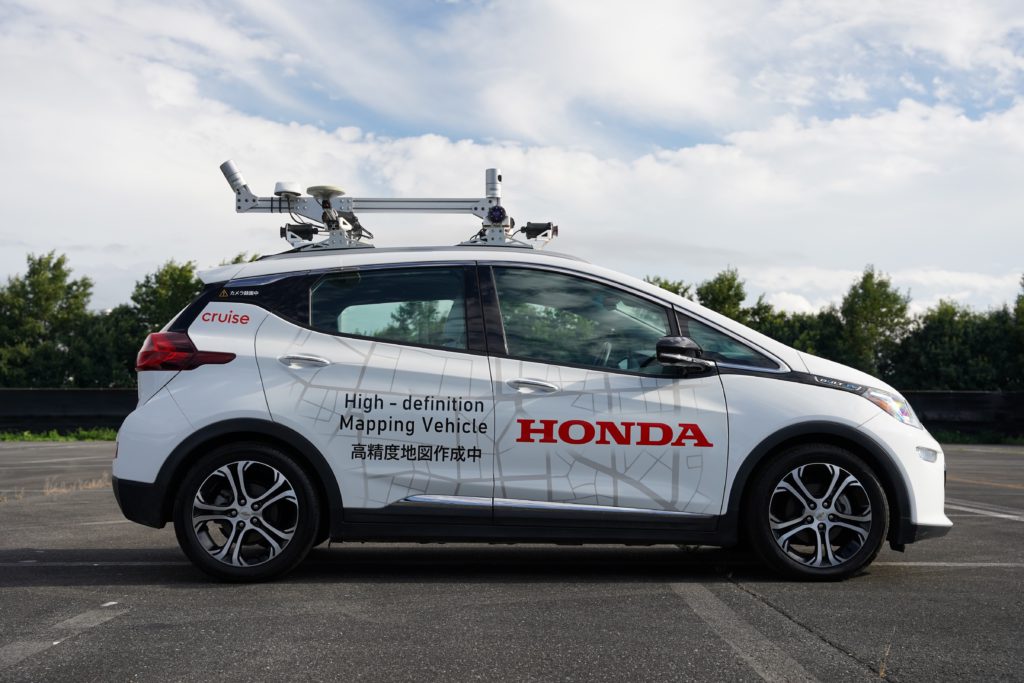Sixt to roll out robotaxis in 2022 pilot project
14 September 2021

Car-rental company Sixt and Intel subsidiary Mobileye plan to launch 25 robotaxis in a pilot project in Munich next year.
The collaboration is the first known commercial robotaxi service between a tech supplier and a mobility-service provider. It was announced at last week’s IAA Mobility 2021, where autonomous driving was a hotly debated topic. The timing is perfect as the German government recently adopted legislation that paves the way for autonomous vehicles (AVs) to take to the roads in the country.
Long-term plans
‘Germany has shown global leadership toward a future of autonomous mobility by expediting crucial autonomous vehicle legislation,’ said Intel CEO Pat Gelsinger. ‘Our ability to begin robotaxi operations in Munich next year would not be possible without this new law.’
While both companies will roll out their pilot programme in Munich, there are plans to make driverless ride-sharing services accessible across Germany and other European countries in the coming years. The robotaxi – a six-passenger electric AV – will also be made available in Tel Aviv, Israel, in 2022.
Human control drivers
From mid-2022, the robotaxis will have a human driver on board and will be cruising around Munich’s city centre. Trips can be booked via the mobility app from Sixt or Moovit, which Intel acquired for $900 million (€763 million) last year.
The companies showed off their robotaxi test model, the Nio ES8 all-electric SUV from China, at the IAA. The vehicles come equipped with Mobileye’s self-driving system that includes cameras as well as lidar and radar sensors. At SAE’s Level 4 of autonomous driving, the AVs will be able to navigate complex urban driving situations.
Bringing AVs to consumers
As part of the technology powerhouse Intel, Mobileye is known for its autonomous-driving technologies and will own the robotaxi fleet in Munich. Its self-driving system can be used across different vehicle types, including both the movement of people and goods. The tech company also just teamed up with Schaeffler to build a self-driving chassis that can be used in manufacturing autonomous shuttles.
‘Mobileye is passionate about bringing autonomous vehicles to consumers. The new Mobileye AV, accessible through the MoovitAV service, is an important milestone on the way to a driverless world,’ said Amnon Shashua, Mobileye CEO. ‘We’re delighted that Germany is a first mover.’
Competition
Waymo, a Google-owned self-driving spinoff, launched a robotaxi service in San Francisco last month which will be open to vetted riders. The cooperation between Sixt and Mobileye could rival Google in Europe, where autonomous driving is becoming more of a focal point for the automotive industry.
Volkswagen Commercial Vehicles, for instance, has concrete plans to make autonomous ride-hailing services available to the public by 2025. Argo AI, an autonomous driving startup backed by Volkswagen and Ford, only this month announced plans to test electric VW ID.Buzz robotaxis in Munich. Hence, competition in the field of ride-hailing AVs will likely remain high.



